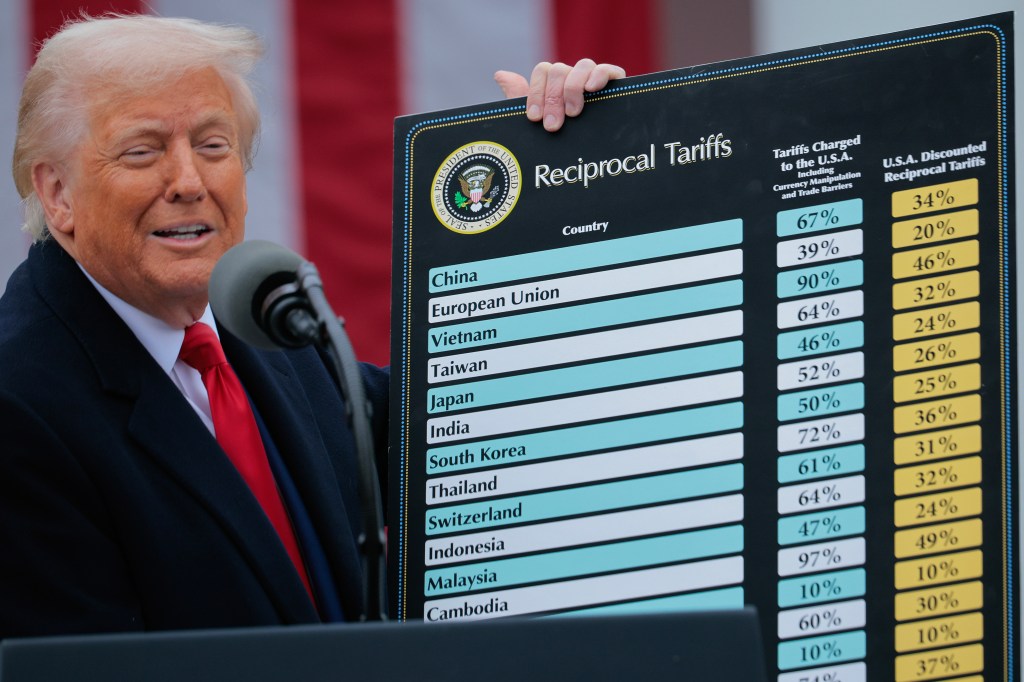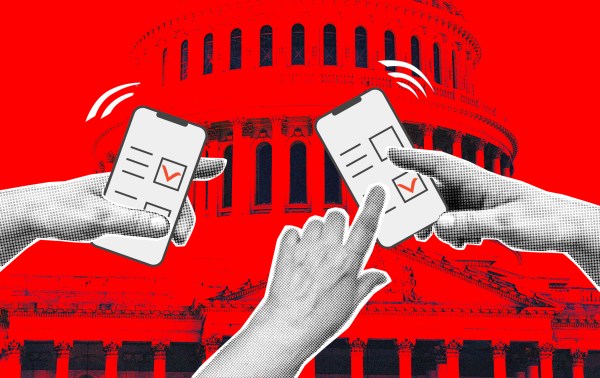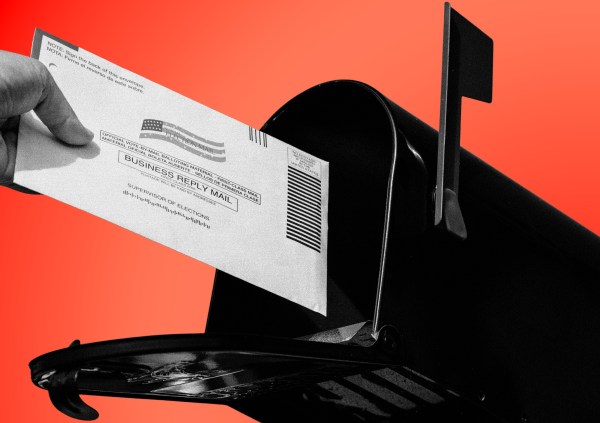Dear Reader (including the Sea World stoners),
As some of you may recall, I love this scene from Whit Stillman’s Barcelona.
If you don’t want to watch the video, here’s the dialogue:
Fred: Maybe you can clarify something for me. You know, since I’ve been waiting for the fleet to show up, I’ve read a lot … and one of the things that keeps cropping up is this about “subtext.” Plays, novels, songs—they all have a subtext, which I take to mean a hidden message or import of some kind. So, subtext, we know. But what do you call the message or meaning that’s right there on the surface, completely open and obvious? They never talk about that. What do you call what’s above the subtext?
Ted: The text.
Fred: OK, that’s right, but they never talk about that.
Fred’s right of course: People talk about subtext a lot. Indeed, I think one of the reasons the humanities are such a mess is that academics got so drunk on subtext hunting that they convinced themselves that the text is for suckers.
“Anyone can just read the words!” seems to be a lot of people’s attitude. Caring about the text is bougie, middlebrow stuff. The really sharp people spend their time looking for hidden evidence of racism, sexism, colonizer-oppressor ideology, homoeroticism, or homophobia.
Back in the 1990s, some friends and I coined a phrase: the “Tequila Sunrise Effect” (I wrote about it 25 years ago). Tequila Sunrise, starring Mel Gibson, Kurt Russell, and Michelle Pfeiffer, was a fairly forgettable movie. So forgettable, in fact, I’ve mostly forgotten what it was about. But that doesn’t matter.
John Leonard reviewed the movie for The Nation and wrote:
In the movie Tequila Sunrise, Mel Gibson and Kurt Russell are high school buddies who grew up on opposite sides of the law. They compete for Michelle Pfeiffer. If not to them, what’s clear to us is that Gibson and Russell really want to go to bed with each other. Since they can’t, they go to bed with Pfeiffer. She’s the go-between, the trampoline, a universal joint, a portable gopher-hole, a surrogate and a Chinese finger puzzle. Once you have seen it in the movie, you’ll see it everywhere.
We came up with the Tequila Sunrise Effect to describe the way critics often want movies to be about the thing they want them to be about—the subtext—rather than, you know, the text. Sometimes, they have a point (but if Tequila Sunrise was about repressed gay longings, we missed it entirely).
When my daughter was in high school, she had a teacher who insisted that To Kill a Mockingbird’s Atticus Finch was a deeply problematic character because he was a “white savior.” That’s not a wholly illegitimate argument, but if you find yourself arguing that the hero of To Kill a Mockingbird is sort of a bad guy because the subtext says so—when the actual text says the complete opposite—you’ve taken a wrong turn somewhere.
From subtext to pretext.
Anyway, back to the point. If text is what you see on the page or the screen, and subtext is the hidden or implied meaning “between the lines” as it were, what do you call it when the words are bullshit?
Well, you could call it a lie. But that would ruin the point of my setup. Fortunately, there’s another word that helps provide a veneer of intent in the weaving together of this “news”letter: Pretext.
Pretext comes from the Latin praetexere, meaning “to disguise, cover,” or literally, “weave in front.” When the prison guards come into your cell for a “hygiene inspection” but are really just there to mess with you and steal your money and old Playboy magazines, the “hygiene inspection” was a pretext. When Russian President Vladimir Putin says Ukraine has been taken over by Nazis, that’s a pretext for his unlawful invasion. If former U.S. Rep. Matt Gaetz were to tell a woman she has a spider on her blouse and then gropes her to get rid of it, the arachnid warning would be a pretext.
In other words a pretext is a lie—of varying degrees of plausibility—that would give a person the authority to do something he wouldn’t otherwise have.
I’m sorry if I sound condescending in spelling this out. I’m sure most of you know what the word means. I’m just not sure very many people know pretext when they see it—particularly when they don’t want to see it.
And the thing is, America is running on pretext these days. It’s been this way for a while, but it’s getting worse by the day.
In his first term, Donald Trump used Covid as a pretext to deport illegal immigrants. Biden kept that pretext going for a while too. He tried over and over to cancel student loans invoking all sorts of arguments that were just obviously pretextual—including Covid. Biden also used Covid as a pretext for extending a moratorium on rental payments, which Trump had issued on a pretextual basis as well. The rent freeze and eviction ban made sense when the country was on lockdown, but keeping it around long after the lockdowns was simply politics.
I focus on the Covid stuff because crises are the mother of pretextual politics. In our system, the only time a president has the ability to assume quasi dictatorial powers and subvert the rule of law, checks and balances, etc., is during a national emergency, especially a war.
This is not new to Trump or Biden. The founders, having lived through the impotence of the federal government under the Articles of Confederation, recognized that the government needed the ability to deal with emergencies. “The circumstances that endanger the safety of nations are infinite, and for this reason no constitutional shackles can wisely be imposed on the power to which the care of it is committed,” Alexander Hamilton writes in Federalist 23.
This is not an argument for an unfettered imperial president, even in times of crisis.
Hamilton is talking about the powers of government itself, which includes Congress and the courts. In Federalist 69, Hamilton admits that “The President is to be commander-in-chief of the army and navy of the United States. In this respect his authority would be nominally the same with that of the king of Great Britain, but in substance much inferior.”
Why inferior? Because, he explains, the president is constrained by Congress and its dictates and power of the purse. Congress declares the emergency and directs the president to deal with it. And, unlike the king of Great Britain, the president can be impeached and removed and “afterwards be liable to prosecution and punishment in the ordinary course of law.”
It’s no accident that the power to suspend habeas corpus during an invasion or war is laid out in Article 1 of the Constitution: It’s a legislative power, which Abraham Lincoln eventually conceded. Don’t tell that to Homeland Security Secretary Kristi Noem, who recently told Congress, “Habeas corpus is a constitutional right that the president has to be able to remove people from this country.” Put aside the question of whether she was speaking from astonishing innocence or deeply unpatriotic trolling. I do want to note that presidents don’t have any special “constitutional rights.” Presidents have specific constitutional authorities—and suspending habeas corpus isn’t one of them.
Anyway, the point is that virtually the entire agenda of the second Trump administration is grounded in pretextual arguments. On almost every front, his stated arguments for why he’s doing what he’s doing, and from where he derives the authority to do it, are just BS.
He invokes the Alien Enemies Act, which grants certain powers to the president during a war or invasion, when we’re not at war and not being invaded. Spare me the argument that the presence of illegal immigrants is an invasion. It might be in some metaphorical sense, but it’s not in any legal sense. These are not foreign troops or enemy agents. I have no doubt that some enemy agents did cross our formerly porous border, but serious people can agree that for every Iranian or Chinese spy in the U.S. who came in illegally, there are, I dunno, a half million illegal immigrants who came here in search of landscaping jobs and the like. It’s fine to argue they should be deported—and for the most part they should be—but it’s not a justification to suspend habeas corpus, ignore courts, or sentence people to prison in El Salvador without a trial.
More to the point, Congress didn’t declare this an invasion or war. And the founders were quite explicit that the president can’t do that unilaterally.
On trade, it’s the same thing. He invokes emergency powers to impose taxes on the American people when the “emergency” he has in mind is that the American economy isn’t structured the way he wants. That’s not an emergency. That’s the modern economy, which he fundamentally doesn’t understand.
He declares fentanyl overdoses a national emergency, which is fair enough. We’ve had a lot of presidentially declared emergencies, and you can make the case that the fentanyl crisis deserves to be one too. And I think it’s a defensible argument that a judge shouldn’t be able to gainsay a president’s judgment on what constitutes a national emergency. Of course, if the Republican-controlled Congress had the president’s back with legislation, judges wouldn’t be put in the position of doing that.
Regardless, why should the president be allowed to impose tariffs on Canadian timber or maple syrup because of the fentanyl crisis? Trump adviser Peter Navarro claimed that Canada had been “taken over by Mexican [drug] cartels.” That is a lie, of course (you can tell because Navarro’s lips were moving). But Trump routinely talks about those tariffs as bargaining tools and leverage for his broader trade agenda. If they’re necessary to stop the (near-nonexistent) flow of fentanyl from Canada, then using them as simply another bargaining chip illustrates that they’re not actually about fentanyl in the first place.
And now Trump is pulling grants for cancer research from Harvard under the pretext of what? Fighting antisemitism? Come on.
He’s waging war on law firms by unilaterally declaring they are guilty of bad things, when it’s quite obvious he just likes bullying and shaking down law firms and punishing his enemies.
Health and Human Services Secretary Robert F. Kennedy issued a big “MAHA” report to justify a whole slew of “reforms” he wants to pursue. It turns out that much of the report is literally made up, with fictional studies and non-existent findings. It is the very definition of public policy by pretext. We want to do X: ask Chat GPT to write a report saying we’re right.
I’m glibly disregarding and dismissing many of the administration’s stated arguments on these and many other fronts because I find the lies insulting.
The whole point of a pretextual argument is to craft a plausible, often hypothetical, case for doing something that you want to do anyway. Kevin Hassett, the head of Trump’s National Economic Council, responded to the Court of International Trade’s ruling this week that blocked most of Trump’s tariffs by saying it’s a “hiccup” and that the administration is going to keep using these emergency powers as if they are constitutionally sound presidential powers. They aren’t. To the extent they have any constitutional soundness, it’s because they were granted to presidents by Congress. But, as the court rightly concluded, Trump isn’t using them the way Congress intended.
But you know who Trump’s obviously pretextual arguments work on? The people who simply want Trump to have as much power to do whatever he wants. They want Trump to have monarchical power. And to back up the claim that he should have them, they prattle about how he has a “mandate” to do whatever he “needs” to do to fulfill the promises he made when he campaigned for president. Never mind that I think the cult of mandates is pernicious anti-constitutional hogwash. No president has a “mandate” to violate the Constitution. And, even if you think he does, the reason we have a Constitution in the first place is to restrain politicians from exerting monarchical powers. If a candidate runs on a vow to kill every illegal immigrant in America, he has no such power or authority once elected—yes, even if he won all the swing states. Why? Because elections don’t confer any power not delineated in the Constitution.
But more to the point, even if you believe in the un-republican fantasy that mandates confer some supra-constitutional power to do whatever you want, the notion that this is what a majority of Americans voted for is propagandistic pretextual hooey. For sure, some people essentially voted for a reboot of the Trump show and enjoy him playing the part of wannabe autocrat. But all of them? Most of them? Almost surely not. Saying he has a mandate to do anything he wants because people believed he’d lower prices or end the war in Ukraine in a day or anything else he said is an incredibly dumb argument for saying Congress and the courts have no responsibility to play their parts in the constitutional order. By the way, if mandates are real, you know who else has a mandate? Congress. That many congressional Republicans think their mandate is to be cowardly enablers of Trump’s abuses of power isn’t the boffo argument they seem to think it is.
In a nutshell, this is my problem with this political moment. I like arguments. I think democracy is about arguments. Not unity. Not some majestic, mystical, expression of the Volksgemeinschaft. Our Constitution is designed to foster arguments, in Congress and between Congress and the executive. They argue about the best way to deal with a problem in an adversarial system, and the end product of those arguments is some sort of rough, temporary, consensus. Voters don’t just get their way. They get the ability to have their arguments heard and acted upon by politicians who have to deal with other politicians with different agendas derived from different voters. That’s it. That’s the system.
And that system can only work when there’s some truth to the texts of their arguments. It’s politics, so of course there will always be subtexts. Politicians argue that businesses need this or labor needs that, but beneath the stated arguments are unstated agendas for specific constituencies. I can live with that. But the stated arguments need some connective tissue with the facts, with truth, with good faith representations about motives and intent. When the arguments are all pretextual, you don’t get that. So arguments stop mattering because arguing with liars and fabulists is a waste of time. That’s why I am more interested in the legal fights, because at least in a courtroom, there’s a penalty for lying. In politics right now there are precious few penalties for lies, at least in part because a lot of voters have lost faith that politicians and the press really believe anything that they’re saying. If the politicians and pundits won’t bother caring about the truth, why should we? Better to just pick the lies you want to believe and call everyone else a liar for choosing different lies.
Various & Sundry
Canine Update: So I’m heading into my last weekend of bachelor living. The Fair Jessica returns Monday, which means I have just enough time to get the house clean enough for her arrival. The dogs have been having a fine time, though they definitely miss TFJ. I’ve gotten a little melancholy about them getting older. The other day, Zoë went through the motions of chasing a rabbit. When she was younger, the dingo would have dispatched it with ease. Pippa tends to just carry her ball most mornings, and she comes down the stairs like she’s heading into bingo night at the home. It makes me more tolerant of her morning negotiations to get out of bed. Gracie is really getting up there, and is becoming increasingly bossy. Chester has resurfaced, and I am appeasing him under protest. Speaking of bossy felines, the good news about Fafoon and Paddington now living full-time with Dru is that I get a lot more Fafoon and Paddington content.
The Dispawtch

Owner’s Name: Daniel Menna
Why I’m a Dispatch Member: I appreciate the quality and consistency of The Dispatch. There is not a day that goes by that I don’t learn something from reading a newsletter or article. Moreover, as a Democrat, The Dispatch keeps me honest. It’s a TRULY fair and balanced news product.
Personal Details: I’m a married father of three (Jayden, Noah, and Daniel Jacob) residing in New Jersey. I enjoy coffee, working, the outdoors, spending time with family, going to Mass, and, on occasion, a cigar with a stiff drink.
Pet’s Name: Cooper
Pet’s Breed: Spaniel Mix
Pet’s Age: 9
Gotcha Story: Cooper was a rescue from Georgia. We got him for our eldest son when we bought our home.
Pet’s Likes: Cooper LOVES to eat, chase squirrels, and lounge in the sun. If we let him, he would live outside.
Pet’s Dislikes: He dislikes leashed walks, aggressive petters, and bath time.
Pet’s Proudest Moment: Recovering from his back surgery. The surgery and recovery period left him depressed. It took time but he was able to heal and get back to normal routines.
Bad Pet: No one has ever said he was a bad pet, but some have wrongly said he’s fat. He has a thick coat of fur which gives the impression he’s thicker than he is.










Please note that we at The Dispatch hold ourselves, our work, and our commenters to a higher standard than other places on the internet. We welcome comments that foster genuine debate or discussion—including comments critical of us or our work—but responses that include ad hominem attacks on fellow Dispatch members or are intended to stoke fear and anger may be moderated.
With your membership, you only have the ability to comment on The Morning Dispatch articles. Consider upgrading to join the conversation everywhere.